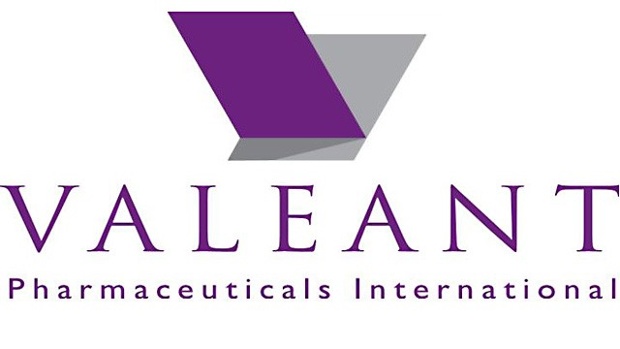Valeant may divest controversial unit, and rethink its strategy

Valeant has suggested that it may sell or spin-off a subsidiary accused of price gouging as the drug pricing scandal continues to rumble on in the US.
The company's chief executive Michael Pearson revealed the plan on a third-quarter results call, during which he also suggested Valeant may step back from a policy of pursuing growth by acquisition and price increases, and spend more money on R&D.
The company will spend around $400 to $500 million on R&D next year, with a particular focus on dermatology, eye health and gastrointestinal diseases.
The unit in question – known as neuro & other/generics in Valeant's accounts – represents a sizeable chunk of the company's total turnover and incorporates a number of older drugs that can only achieve growth with price increases.
Notably, its portfolio includes two cardiovascular drugs, Nitropress (sodium nitroprusside injection) and Isuprel (isoproterenol), which were acquired by the company from Marathon Pharma earlier this year.
Valeant's decision to hike the price after purchase by 212 and 525 per cent, respectively, led to the firm being subpoenaed last week as part of a federal investigation into medicines pricing. All told, the neuro/other unit added around $1.6 billion to Valeant's nine-month sales of around $7.7 billion.
"Our portfolio has shifted over time to newer and higher-growth products, making pricing a small part of our growth looking forward," said Pearson on the call.
"Given the evolution of our product mix, coupled with the recent events, it is likely that we will pursue fewer, if any, transactions that are focused on these price products," he added.
The comments come as Valeant is still struggling with a dramatic fall in the value of its shares as a result of being thrust into the spotlight in the pricing debate, and Pearson also said the company is considering a buyback of shares to steady the ship.
"It is clear that the pharmaceutical industry has been aggressively ... attacked for past pricing actions," said Pearson. "Given that environment, the pricing [strategy] pharmaceutical companies will take in future will be more modest."
Meanwhile, the man who has come to epitomise the 'buy and raise' tactic – Turing Pharma's Martin Shkreli – has yet to fulfil his promise to reduce the price of toxoplasmosis drug Daraprim (pyrimethamine) a month after pledging to do so.
The 5,000 per cent price increase for the 40-year-old drug, used to treat an opportunistic infection in HIV and other immune-suppressed patients, occurred almost overnight when Turing acquired the drug. According to Shkreli, however, reducing it down again inexplicably requires lengthy discussions with patients and doctors.
Shkreli may be hoping that attention will eventually be diverted elsewhere and he can then renege on his promise, but his return to social media after a brief absence after the scandal broke will be a hindrance.
He continues to fire vitriol at all who disagree with his interpretation of events, which includes just about everyone including the public, politicians and most of the pharma industry, helping to keep the price-gouging debate in the public eye.
Shkreli has also mounted a one-man Twitter diatribe against Democratic presidential candidate Bernie Sanders, after he spurned his campaign donation and diverted the money instead to a charity working with HIV patients.
Meanwhile, Turing's official line is that more than half of patients receiving Daraprim do so through Medicaid schemes in which the price is 'often as low as $1 a bottle', while insisting that insured patients will not have to pay more than $10 out of pocket. The company has less to say about the impact of the price hike on payers, who are underwriting the price increase, however.
Related article










